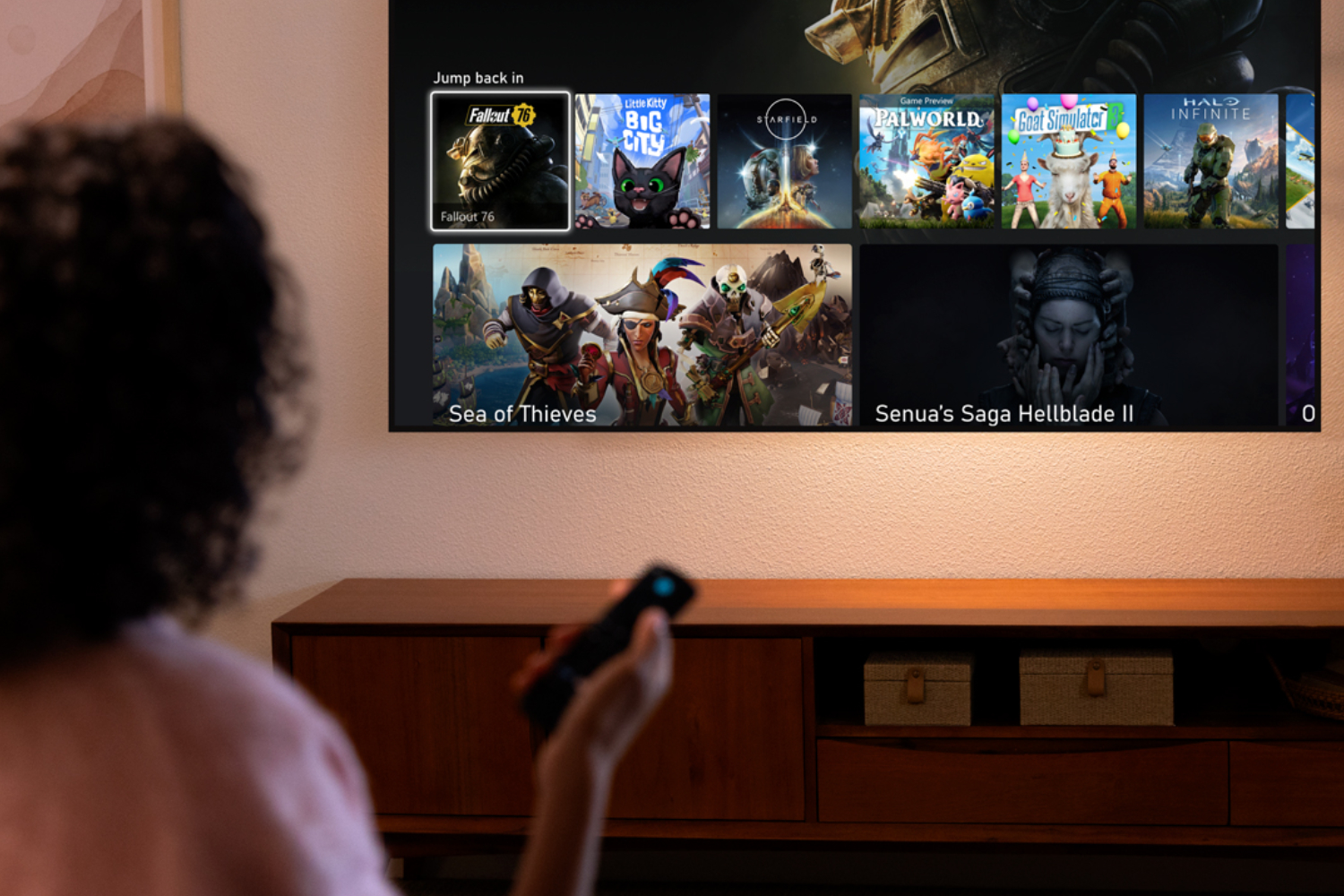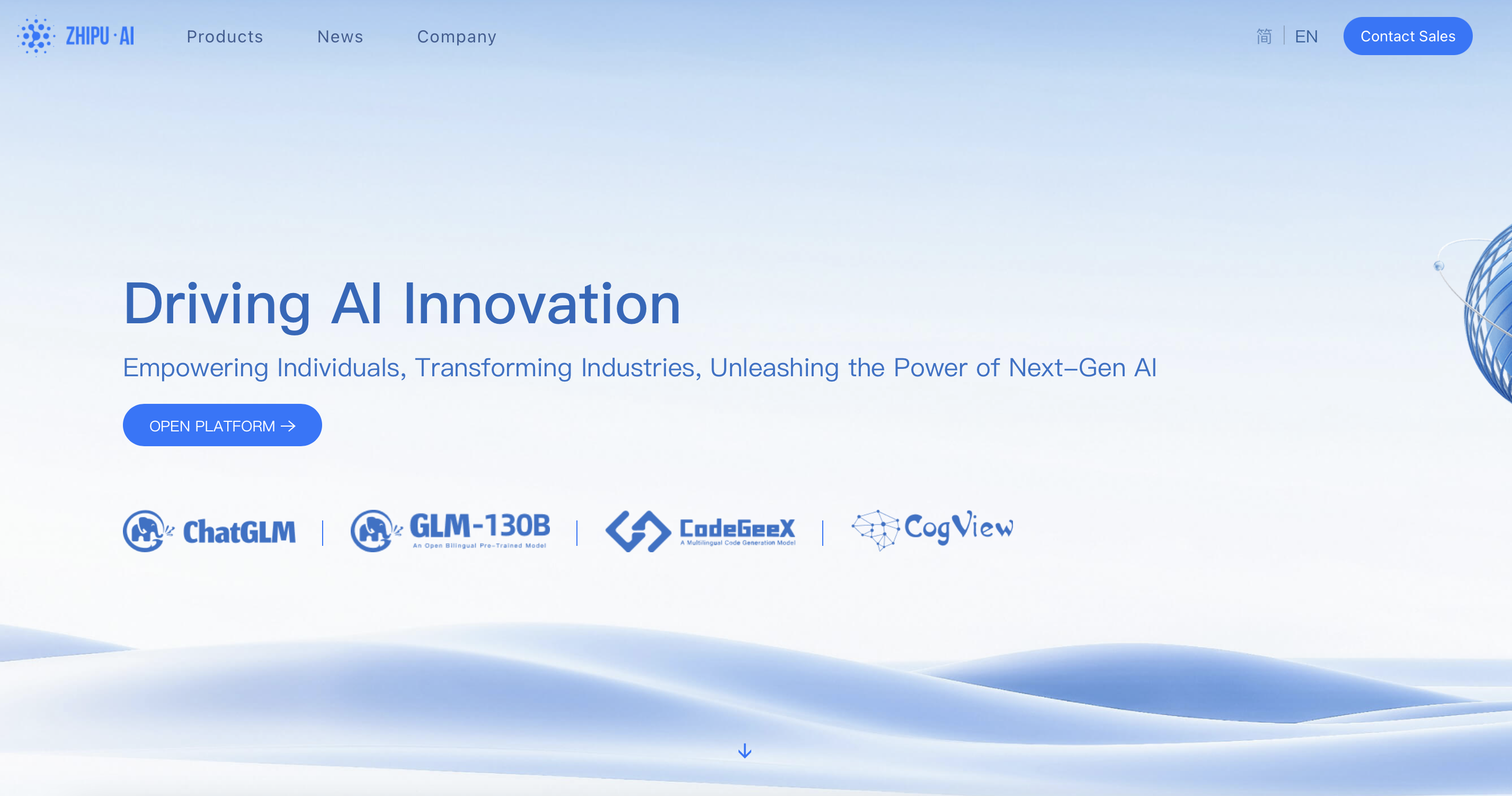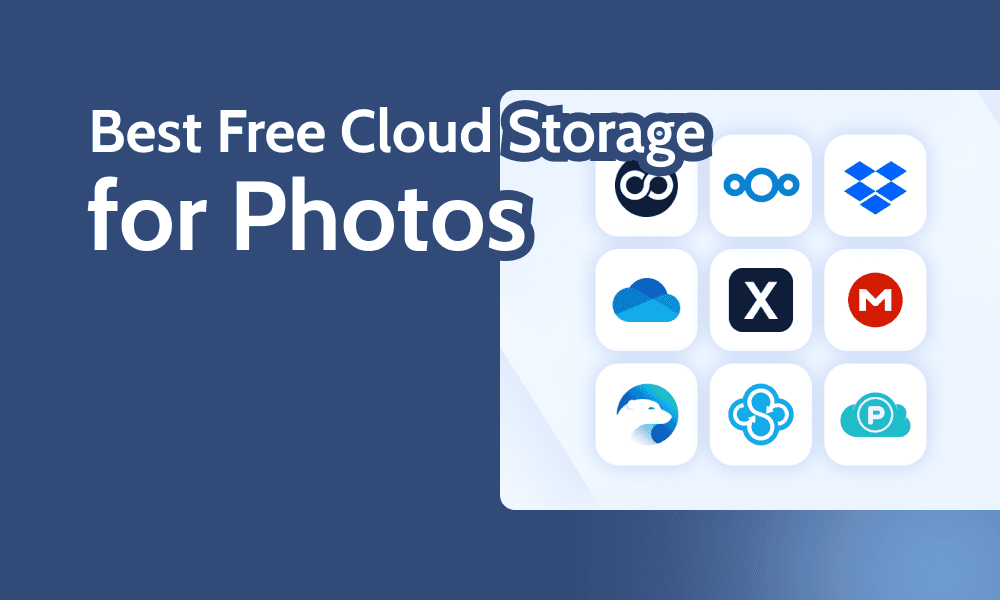There are certain things you do not do on a shared computer, and signing in to a browser account is one. Sadly, some people sign in to the browsers on a shared device because it makes everything more convenient. It’s understandable; your accounts sync, you have easy access to bookmarks, history, and saved logins, and your passwords are easily accessible.
What you may not realize is that these logins aren’t suddenly erased just because you leave or stop using the computer. Even if you sign out of the synced account, the local browser profile, which contains your saved passwords, history, and bookmarks, often remains on the computer. This gives whoever uses the device next far more access than you’d expect.
Worse still, you could give up the keys to your entire life without realizing.
Browser sync mechanics
What gets copied to other PCs
Browser sync works by replicating data, not by forwarding it. This means enabling an account on a browser will copy all the data associated with that account onto the new browser. This often includes saved passwords, autofill comprising addresses, payment methods, extensions, bookmarks, and sometimes history and settings. Of all these, saved passwords and autofill are the real security risks. They may contain payment details and credentials for accounts, and if extensions have page-reading permissions or store data, they may introduce additional risk.
Additionally, a new browser sign-in will retrieve your cloud profile and create a usable local profile on the disk. This local profile is persistent, and this design is crucial in enabling continuity and rapid synchronization. These files stay on the physical computer even after signing out if you don’t remove the profile or its credentials.
There’s a convenience feature that allows your browser to unlock the local vaults using stored tokens or the operating system keyring. This feature helps the browser bypass re-prompting for each login and allows the running browser to access saved passwords without prompting. The problem is that anyone or any process that accesses that profile will be able to use these credentials, and the only way to stop the leak is either clearing the vault or deleting the profile.
An operating system’s keyring is its built-in secure vault for passwords and login tokens.
Local profile persistence
Your data remains after logout
Even after you sign out of a browser account, the local profile on that computer remains. The sign-out process revokes cloud access tokens, which means sync will no longer function. The local profile folder becomes the persistent record for the operating system. It’s separate from the cloud and will continue to exist if not deleted.
If multiple people use a single Windows or macOS account on a shared computer, everyone with login access has access to the existing browser profiles. However, for security, these profiles may be deleted.
Even after they are deleted, they are not always completely inaccessible. Operating systems include features such as restore points, automatic backups, and disk image snapshots. These features typically keep previous profile versions, and they can include encrypted password stores. Inevitably, credentials persist far longer on a system, and total cleanup becomes a more complex process that extends beyond simply signing out or uninstalling the browser.
Every day attack paths
Saved credentials can get exposed
You may be surprised how easy it is to access saved credentials, especially on a shared computer. Casual exposure is not uncommon and doesn’t require technical expertise. Browser autofill features, for instance, will bring out credentials (usernames and passwords) with a single click. This gives someone access without knowing your credentials. So, a guest trying to check emails or a child simply completing their homework may be able to access accounts that they shouldn’t.
The risk is even higher in public settings or the workplace. Over time, a reception desk, break-room computers, or shared kiosk may host multiple user profiles. Single sessions may potentially expose more than one person’s account, including cached logins for colleagues and administrators. This expands exposure beyond the initial user.
The problem is, however, compounded by the presence of malware or credential-stealing tools. Many of these tools may specifically target browser profile stores. They can potentially extract saved passwords en masse. If you do not properly wipe these profiles, and you sell, recycle, or improperly decommission a computer, the persistence of profile data means that even protected credentials could be targeted and recovered by a determined attacker. Regardless of the case, the convenience that saved passwords offer may become a persistent security risk.
Ineffective cleanup methods
Common fixes don’t remove passwords
Sadly, you may overestimate the protection in private or guest browsing modes. These browsing options prevent new data from being saved while you browse, but they do not remove credentials that are stored from previous sessions or existing profiles. Every browsing profile data already stored on your disk will remain untouched.
You may also try clearing browsing history or cookies, but browsers typically separate these from the password or autofill stores. So, even when you delete these, the most important data point—your credentials—remains untouched.
Another option that offers false protection is uninstalling and reinstalling the browser, but this also doesn’t guarantee that already saved profiles are deleted. In fact, browsers will typically retain the profile folder on disk and will simply connect a fresh installation to the previous settings. If you do not explicitly locate and delete a saved profile directory, it nullifies any perceived clean-up effort.
Practical defenses against leaking passwords
Your family PC could be leaking your saved passwords, and the most trusted solution is not syncing your sensitive data to shared machines. While you’ll avoid using shared computers as much as possible, if you must, then disable password and autofill sync. Relying on a dedicated offline password manager rather than the browser’s vault is also a wise step. More importantly, in addition to signing out of your browser profiles, you must also delete the browser profile itself. If you use macOS or Windows, it means deleting the profile directory from the user’s local application data.
I recently moved my workflow to portable apps. A portable browser should be part of this repertoire because it resides on a USB stick, not the host computer. That way, you reduce the risk of leaving behind browsing information on the host computer. You should prefer a secure wipe over a simple format when decommissioning a computer to minimize any potential data leaks.












